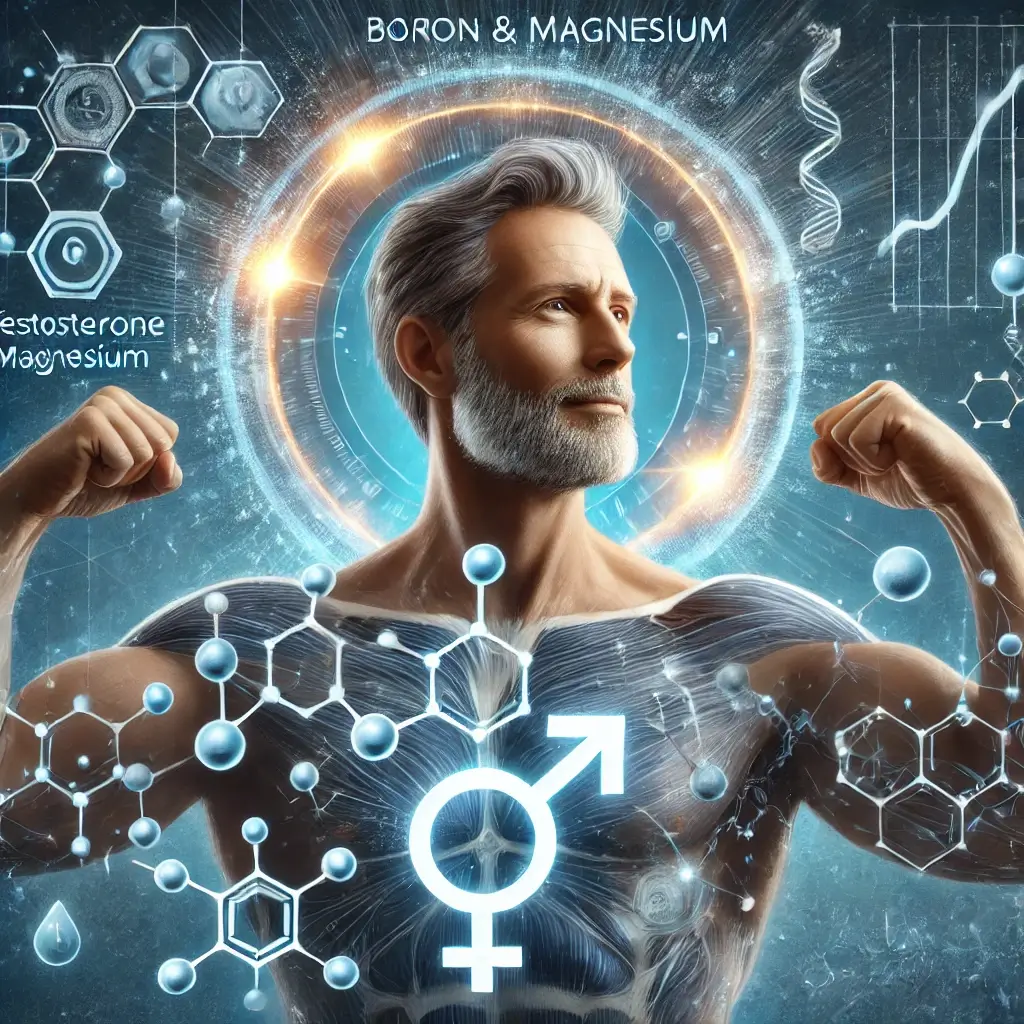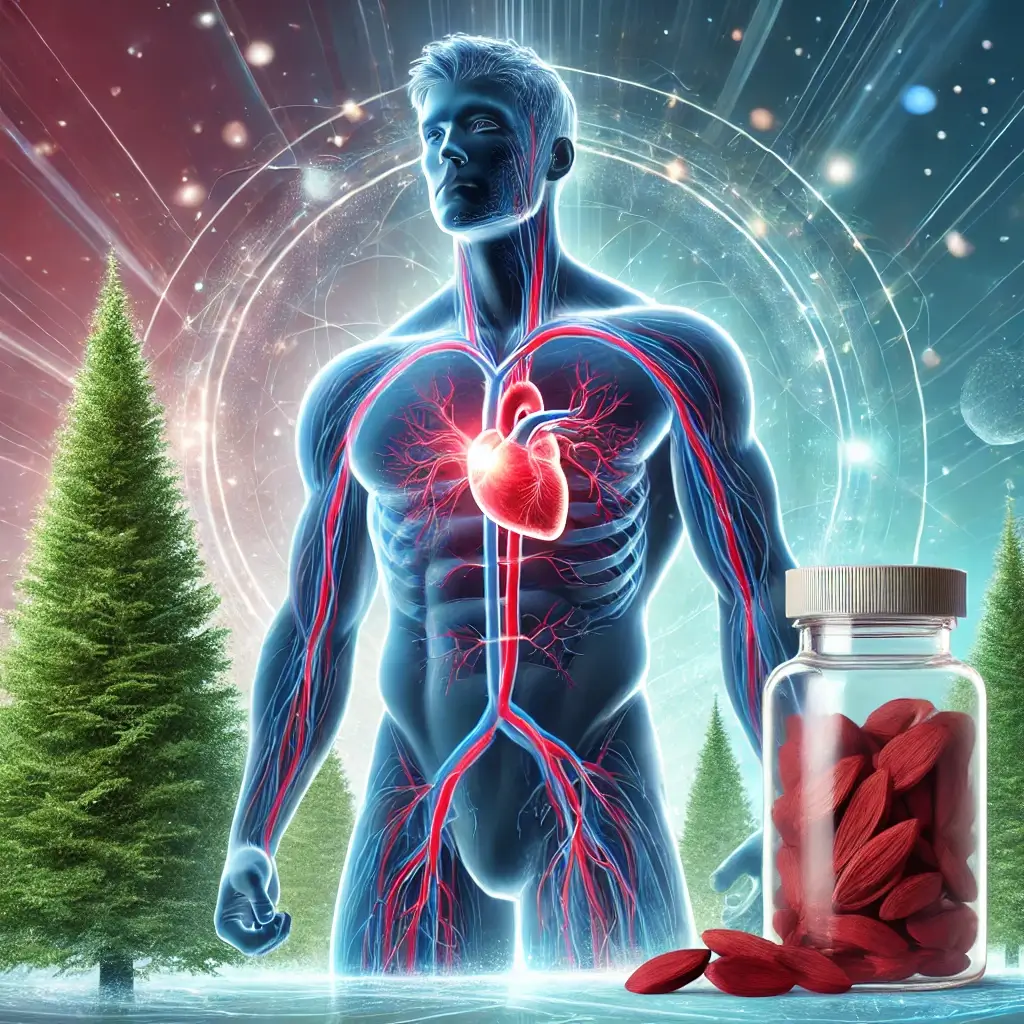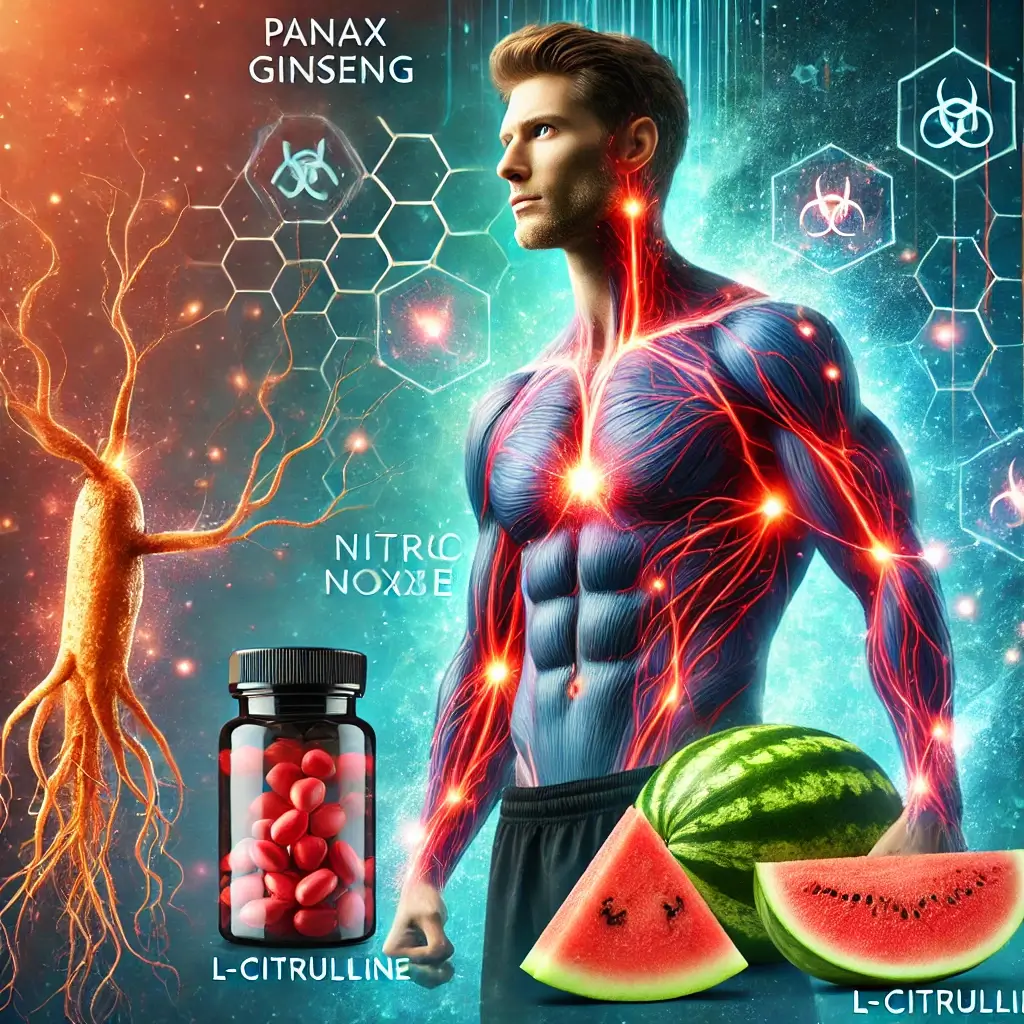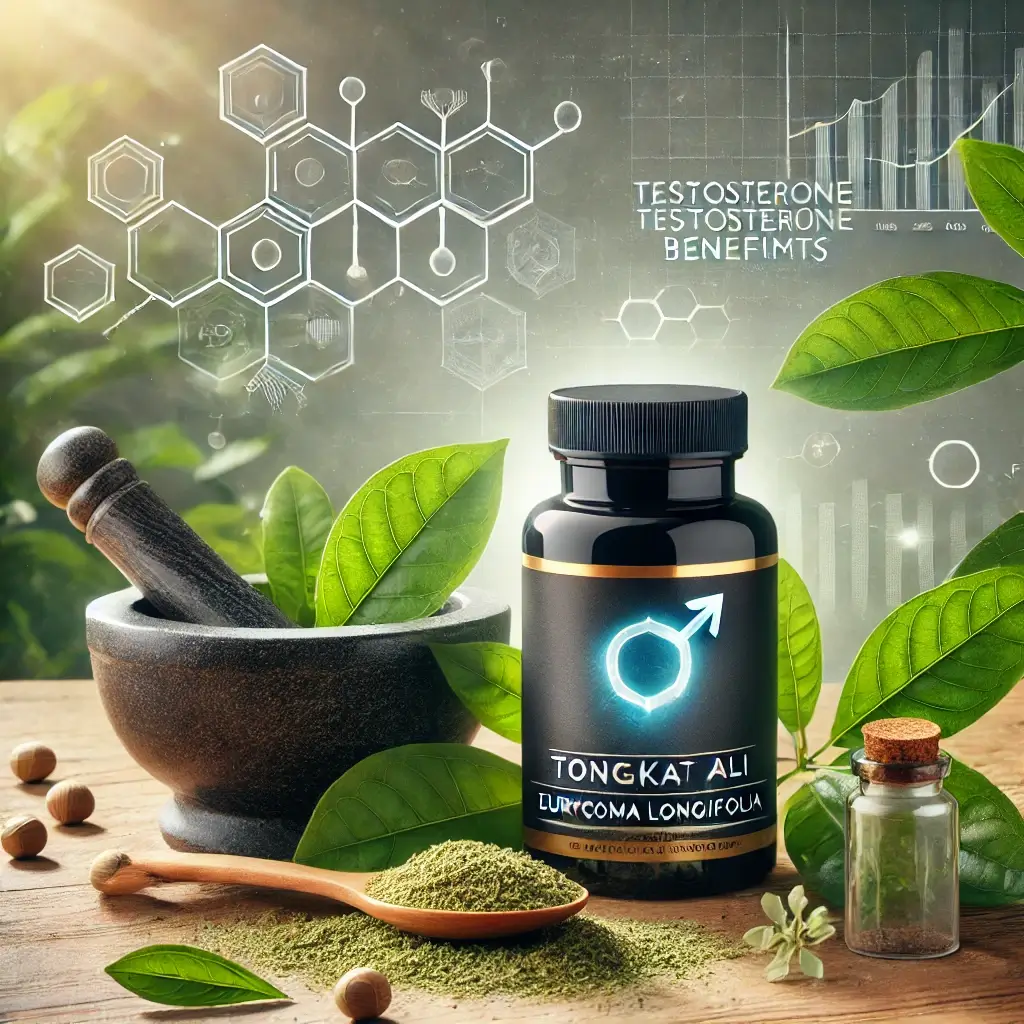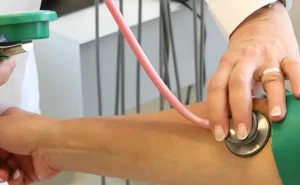Reclaim Your Vitality: The Science-Backed Guide to Testosterone Support with Boron and Magnesium
The Critical Role of Testosterone in Men’s Health and Aging
Testosterone plays a pivotal role in men’s health, influencing physical performance, libido, mood stability, and overall vitality. As men age, testosterone levels naturally decline, a process exacerbated by modern lifestyle factors such as stress, poor diet, and lack of exercise. This hormonal imbalance can lead to reduced energy, muscle mass, and sexual function, significantly impacting quality of life. However, targeted nutritional interventions have shown promise in mitigating these effects. Boron and magnesium, two essential nutrients, have emerged as vital components in maintaining optimal testosterone levels. Their synergistic impact on hormonal health is supported by compelling research, making them indispensable in men’s wellness protocols. By incorporating these nutrients strategically, men can address the physiological changes that accompany aging and enhance their overall health.
Understanding the Complementary Mechanisms of Boron and Magnesium
Boron and magnesium work through distinct but complementary mechanisms to support testosterone production and balance. While boron primarily enhances free testosterone levels and reduces inflammation, magnesium plays a crucial role in enzymatic processes that underpin hormonal synthesis and stress regulation. This article delves into the science behind boron and magnesium’s testosterone-enhancing properties, practical supplementation strategies, and considerations for safe usage, offering readers a comprehensive guide to leveraging these nutrients for improved health and vitality.
Research-Backed Benefits of Boron for Testosterone
Boron, a trace mineral, has gained attention for its ability to elevate free testosterone levels. A landmark study published in Biological Trace Element Research (2011) demonstrated that men who supplemented with 10 mg of boron daily experienced a remarkable 28% increase in free testosterone after one week. Additionally, the study noted a significant reduction in inflammatory markers such as C-reactive protein (CRP), suggesting boron’s role in overall anti-inflammatory effects. Furthermore, research in Steroids (2015) highlighted boron’s influence on vitamin D metabolism, a critical factor in testosterone biosynthesis. The ability of boron to enhance the bioavailability of testosterone makes it a valuable tool in addressing age-related hormonal decline.
Magnesium’s Essential Role in Hormonal Balance
Magnesium, a key mineral in over 300 enzymatic processes, is essential for testosterone production. Research from the Journal of Clinical Endocrinology and Metabolism (2011) revealed that men with higher magnesium levels had significantly elevated total and free testosterone levels compared to those with deficiencies. Magnesium also plays a role in modulating cortisol—a stress hormone that can suppress testosterone—thereby supporting hormonal equilibrium. Studies emphasize the importance of magnesium not only in testosterone synthesis but also in promoting muscle function and recovery, further solidifying its role in men’s health.
The Power of Combining Boron and Magnesium
When combined, boron and magnesium create a robust framework for testosterone support. Boron enhances the availability of free testosterone by inhibiting sex hormone-binding globulin (SHBG), while magnesium ensures the enzymatic and metabolic pathways required for testosterone synthesis are optimized. This synergy extends to stress regulation and inflammation reduction, amplifying the benefits of each nutrient. The complementary action of these nutrients underscores their value as part of a holistic approach to hormonal health, particularly in men seeking to counteract the natural decline in testosterone levels associated with aging.
Strategic Dosing for Maximum Effectiveness
Boron: Optimal supplementation ranges from 3-10 mg daily, adjusted to dietary intake and individual needs. Morning consumption aligns with hormonal rhythms, as testosterone levels are typically highest early in the day.
Magnesium: Recommended dosages are 300-400 mg daily, preferably in bioavailable forms like magnesium glycinate or citrate. Evening intake supports sleep quality, which is crucial for testosterone synthesis and overall recovery.
Selecting High-Quality Supplements
Both nutrients are widely available in capsule and tablet forms. Prioritize third-party-tested products to ensure potency and purity. Selecting high-quality supplements reduces the risk of contaminants and ensures maximum efficacy.
Safety Considerations and Potential Side Effects
While boron and magnesium are generally safe, exceeding recommended doses may result in side effects such as gastrointestinal discomfort. Boron, when consumed in excess, may cause mild nausea or diarrhea, while high doses of magnesium can lead to laxative effects. Individuals with pre-existing kidney conditions or those on medications should consult a healthcare provider before initiating supplementation. Monitoring tolerance and starting with lower doses can help mitigate potential adverse effects.
Embracing Natural Testosterone Support for Lifelong Vitality
Integrating boron and magnesium into daily routines offers a natural, effective strategy for testosterone support. These nutrients not only enhance hormonal balance but also promote energy, muscle function, and overall well-being. For men seeking to optimize their health, boron and magnesium supplementation provide a practical and scientifically supported solution, forming a cornerstone of comprehensive wellness protocols. By understanding the mechanisms and benefits of these essential nutrients, individuals can make informed choices to maintain vitality and health throughout their lives.
Scientific References
Naghii, M. R., et al. (2011). “Comparative effects of daily and weekly boron supplementation on plasma steroid hormones and pro-inflammatory cytokines.” Biological Trace Element Research.
Ebeling, P. R., et al. (2015). “The role of vitamin D in androgen metabolism and testosterone production.” Steroids.
Maggio, M., et al. (2011). “Magnesium and anabolic hormones in older men.” Journal of Clinical Endocrinology and Metabolism.
